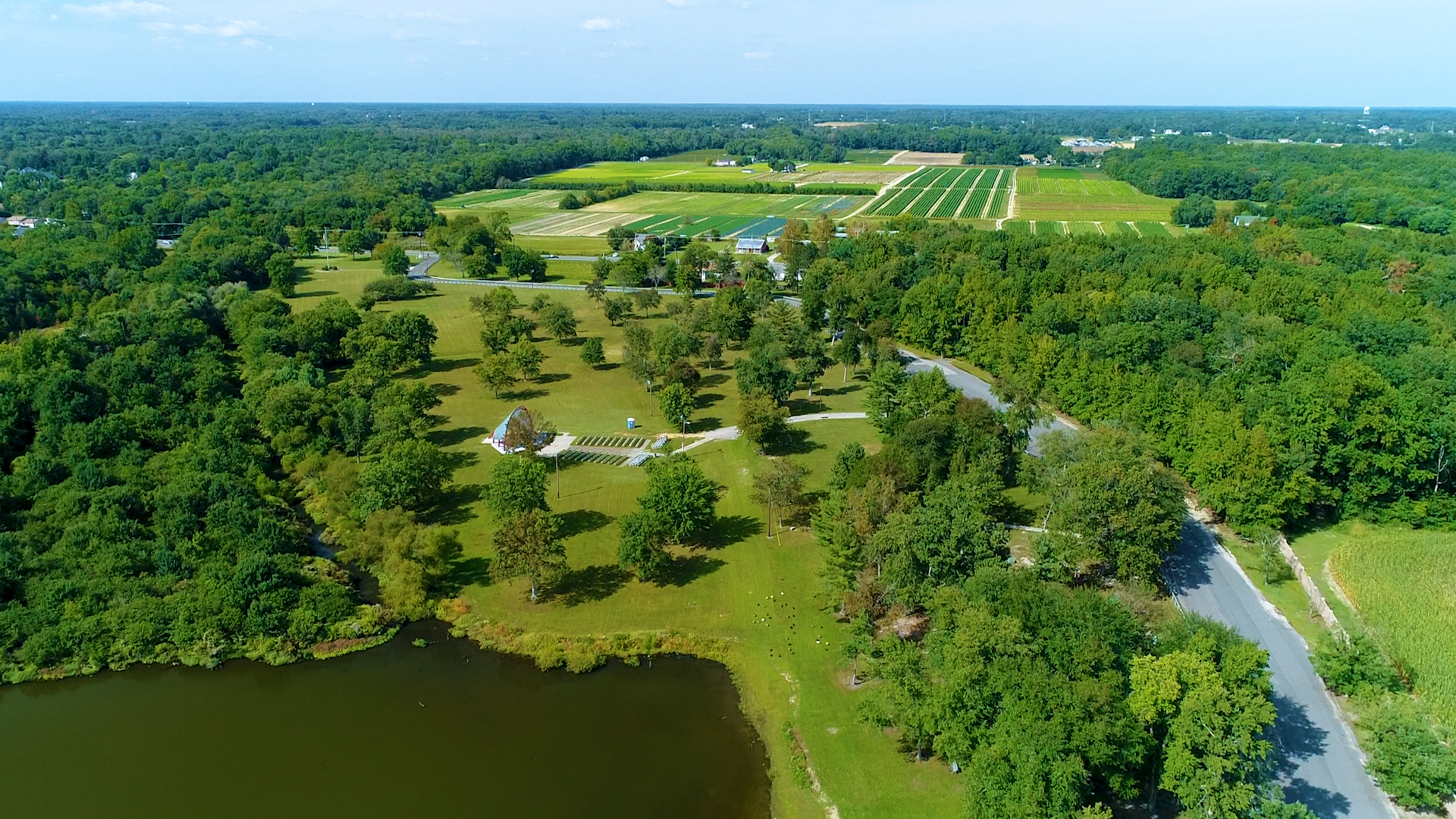Water from rain and melting snow that flows over lawns, parking lots, and streets is known as stormwater runoff. This water, which travels along gutters, into catch basins, and through storm drain pipes and ditches, usually is not treated, but then flows or is discharged into local waterways.

Along the way, the stormwater picks up trash such as fast-food wrappers, cigarette butts, styrofoam cups, and more; along with toxins and other pollutants including gas, motor oil, antifreeze, fertilizers, pesticides, and pet droppings. This polluted stormwater can kill fish and other wildlife, destroy wildlife habitat, contaminate drinking water sources, and force the closing of beaches because of health threats to swimmers.
Human activity is largely responsible for stormwater pollution. Everything that we put on the ground or into the storm drain can end up in our water. Each of us has a responsibility to make sure these contaminants stay out of our water. Whether we have clean water is up to you. For example, following these simple steps can make a big difference:
- Recycle used oil at certified facilities and maintain your vehicle to prevent leaks.
- Take your car to a car wash where the water gets treated and recycled.
- Follow directions on the bag when fertilizing, do not apply before it rains and use only when necessary.
- Properly dispose of your pet’s waste by flushing it down the toilet, or by placing it in a bag and throwing it in the trash.
- Keep your septic system well-maintained to prevent leaks.
How does the City of Vineland address stormwater pollution?
The City of Vineland works to minimize stormwater pollution through a variety of actions including the passage of municipal ordinances which protect the environment and regulate land use, through the proper maintenance of municipal stormwater structures and facilities, and through the careful review of applications for new development.
Vineland city government also works to educate residents, schools, and businesses through the use of public signage, pollution prevention outreach campaigns, and partnerships with citizen groups and businesses.
For more information, visit the New Jersey Department of Environmental Protection Clean Water website at www.cleanwaternj.org.
